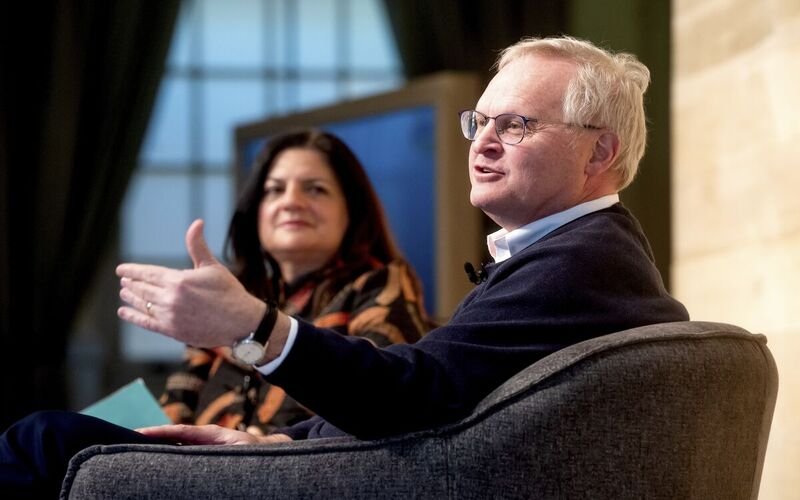Facing increasing scrutiny from Washington that might lead to a ban, TikTok’s senior counsel defended the social media platform’s plan to protect U.S. user data from China.
In a wide-ranging interview with The Associated Press at a cybersecurity conference in Sausalito, California, sponsored by the Hewlett Foundation and Aspen Digital and featuring top government officials, tech executives, and journalists, general counsel Erich Andersen said, “The basic approach that we’re following is to make it physically impossible for any government, including the Chinese government, to get access to U.S. user data.”
Andersen said ByteDance’s Lemon8 software would be developed further.
Andersen added of ByteDance’s new social app, Lemon8, which mimics Instagram and Pinterest, “We’re going to do our best with the Lemon8 app to comply with U.S. legislation and ensure we do the right thing here.” Yet, “I think we have a long way to go with that application—pretty it’s a starting phase.”
TikTok, ByteDance’s most popular app, is under review amid worries it might give user data to the Chinese government or spread pro-Beijing propaganda and disinformation. Lemon8 debuted in Japanese app stores in April 2020 and has since expanded to other nations. It may be downloaded in the U.S. and may be scrutinized like TikTok.
The FBI, CIA, and other U.S. organizations have warned that ByteDance might be required to disclose Beijing user data, including browser history, I.P. addresses, and biometric identifiers, under a 2017 rule that requires corporations to assist with Beijing on national security problems. 2014 Chinese legislation has similar requirements.
TikTok has been pushing Project Texas, a $1.5 billion plan to keep all U.S. user data on Oracle servers, to appease U.S. regulators. Instead, Instead, U.S. personnel would oversee data access through TikTok U.S. Data Security, independent of ByteDance and supervised by outsiders.
Lawmakers say that’s not enough. Nevertheless, TikTok insists on proceeding despite misgivings.
“We’re investing in a system where people don’t have to believe the Chinese government or us,” Andersen added.
He also pondered what was behind the skepticism. “Where are we lacking?” he asked. “Eventually, you get to ‘We don’t like your nationality.'”
TikTok CEO Shou Zi Chew said the business started erasing historic U.S. user data from non-Oracle servers this month and hopes to finish this year. Chew told a congressional committee last week that moving the data to Oracle will keep it out of China’s hands, but China-based personnel may still have access to it until the process is complete.
TikTok says it has never been asked for data and won’t if asked. However, its future in the U.S. depends on those pledges and Project Texas.
Government gadgets in the U.S., U.K., E.U., and others are TikTok-free. The Biden administration has threatened to prohibit the app unless its Chinese owners sell their shares.
Andersen called a ban “essentially giving up” on Friday.
“Banning a site like TikTok is a defeat,” he added.
China has opposed a sale, making it harder for TikTok and ByteDance to market themselves as global companies. The nation also opposed Trump’s 2020 executive orders banning TikTok and WeChat.
Andersen said Friday that TikTok would support extensive privacy laws.
“We appreciate broad-based legislation that applies liberally and evenly,” he added. However, we dislike legislation that targets one firm.
The RESTRICT Act, which has bipartisan Senate and White House support, may outlaw TikTok. The bill does not mention TikTok but gives the Commerce Department the jurisdiction to examine and ban foreign risks to digital platforms.




















































Comment Template